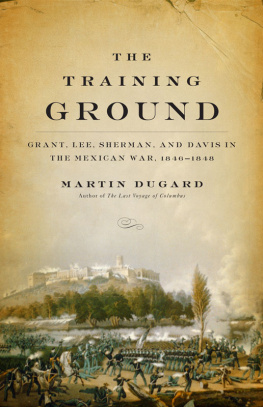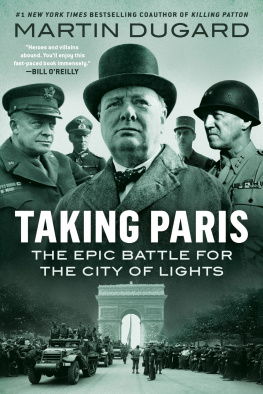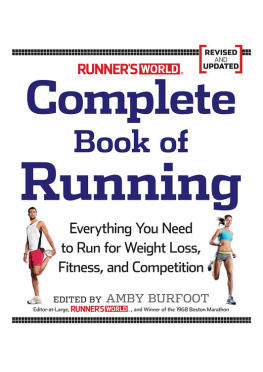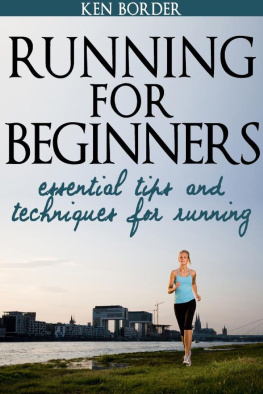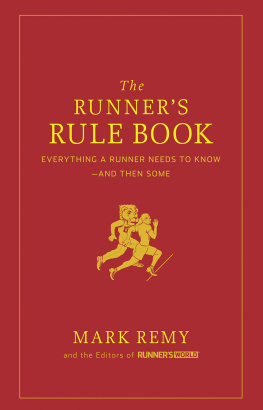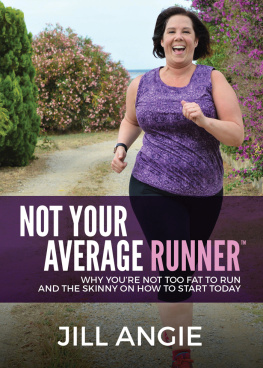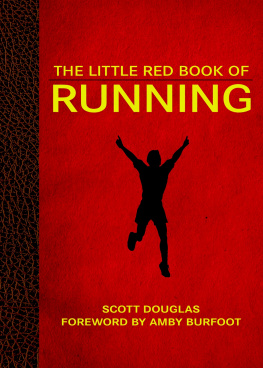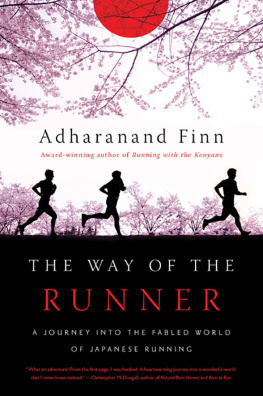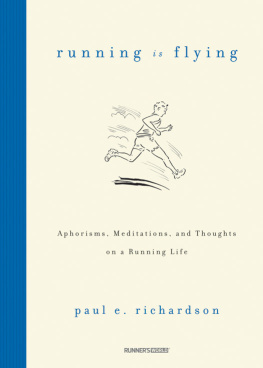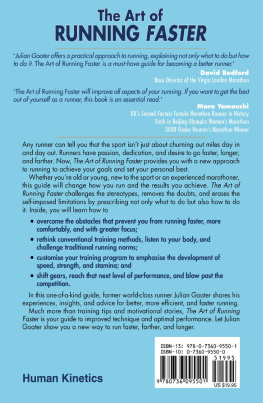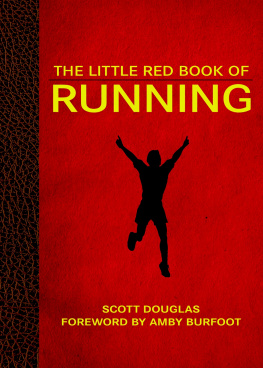


For Calene
CONTENTS
PROLOGUE : REASON TO BELIEVE
Hey, Marty, said a familiar voice.
Id been trying to get Lance Armstrong on the phone for six weeks. My career depended on our conversation. My real career. You need to get that one last interview, my editor insisted all through August, as I rose before the sun each morning to pour words from my head onto the printed page. I couldnt turn in the book until I had one final heart-to-heart with Lance, but as my deadline grew closer, it became more and more obvious that he wasnt in the mood to return my callsuntil, of course, he chose the worst possible moment to pick up the phone.
Worst possible moment can mean a lot of things, so maybe I am overstating my plight. But I dont think by much. I was steering a Ford Econoline van without air-conditioning up the 405 through rush-hour traffic on a hot September afternoon, on the way to my first race as a high-school cross-country coach. Fourteen boys and girls packed the bench seatssome of them, judging by the way they vaulted up and over the seat backs to sit on their best friends laps, openly violating California seat-belt regulations. They were giddy about the race they were about to run.
So was I. No. Better than giddy. I was a freak.
I drove with my knees, holding the phone to my ear with one hand, waving the other in a dramatic demand for silence. When that didnt work, I turned and mouthed Lance Armstrong. Just like that, the chatter and hysterics turned into a quiet reverence. My team watched me drive with one hand, take notes with another, and conduct a telephone interview with the worlds greatest endurance athlete at seventy-five miles per hour, cell phone squeezed between ear and shoulder.
I will pause here to note that California has since passed a law making it illegal to speak on the phone while driving a vehicle. Those of you wondering why such legislation is necessary need look no further than the previous paragraph.
I digress. This adjunct to the writing life came about when my oldest son transferred to another high school in our town. Id made a point to strike up a conversation with the athletic director. It was a brand-new school. Their sports facilities were still being built. I figured they might like a little free help.
Id be very interested in giving your cross-country coach some assistance, I told the A.D., explaining that I was a lifelong runner and had raced in high school and college. What I didnt tell him was that Id long dreamed of coaching distance runners and that for years, Id even imagined training schedules and places where my phantom team would practice. I had a mental list of race-day strategy tips I would impart. Id see a hill while out for a run on my own and think that it would be a good place for my future athletes to do ten or so repetitions. I had a passion for running and a body of experience I could pass on to others. Couldnt hurt to ask. Right?
We dont have a coach. Do you want the job?
And so it began.
In addition to writing the bookgrappling with story structure, sleeping troubled, and speed-dialing Lances office each and every dayI was ordering uniforms, leading group runs, and trying to find new runners. There were only four on the first day of practice, all of whom started walking before we ran a single mile. Basically, I was building a program on the fly. The forty days and nights between the end of the Tour and my book deadline, which coincided with the day of our first race, were hectic to say the least.
I didnt mind. I was head over heels for this new hobby of mine. And thats what I thought it wasa hobby. I would do it for a season, maybe two. Realistically, I was too busy for the job. I was an international journalist, always a phone call away from hopping on a plane. I was a New York Times best-selling author. My articles about distance running had appeared in all the running magazines, along with mainstream mags like Sports Illustrated and Esquire. I would bless these young people with my wisdom and then move on when Devin graduated.
What I would not do was act like the stereotypical high school coach. I swore not to yell Listen up, people or adorn myself in spirit wear. And I would never, ever drive a school van.
Lance and I talked for thirty minutes on the day I broke that vow. In that time, I pulled up to the course, parked, and mimed for my team to warm up. I hung up before they finished, hurriedly jotted notes, then phoned my publisher with the good news. Glowing with equal parts success and relief, I watched my runners jog to the starting line in their new uniforms. This delicate balancing act between my career and my hobby seemed to be working out just fine.
Then I felt something else. Call it one door opening and another closing. There is something innately human and wondrous about being the best possible version of ourselves on any given day. Sometimes, to get to that point, it is uplifting to watch others push their own limits, even when theyre nervous, doubtful, and scaredas my runners were at that very moment. I realized that the inspiration Id once found in Lance and a faraway bike race could now be found right before my very eyes.
I also knew that the coaching gig was much, much more than a hobby.
Five years have passed since that day. Devin has graduated. Connors a year off. Liams about to become a freshman.
I am still the coach. I shout Listen up, people. I clothe myself in so much spirit wear that my wife calls it my uniform. I have driven that van all over Californiaalbeit in a far more two-hands-on-the-wheel, seat-belt-mandatory fashion.
I am hardly too busy for this job. Every day, as I will for years to come, I tell people about the special young men and women who let me be their coach. I got to coach my own sons, growing closer to them in a way that I never would have had I not accepted that five-year-old invitation. And I know that the simple act of service that comes from sharing knowledge and helping others realize their dreams is infinitely more fulfilling than anything Ive ever done in my life.
To be a runner is to learn continual life lessons. To be a coach is not just to teach these lessons but also to feel them in the core of your marrow. The very act of surpassing personal limits in training and racing will bend the mind and body toward a higher purpose for the rest of my runners lives. Settling for mediocritysettling for good enoughbecomes less and less of an option. And with so many in the world all too happy to bask in mediocritysettling instead of pushingthose who learn to be the best version of themselves know the secret to a full life.
As I push my runners to persevere and be optimistic and diligent, I recognize how much I need to follow my own advice. I am blessed to know my runners. They have sharpened the life lessons I passed on to themand sharpened me in the process.
This is a book about those lessons. To Be a Runner does not refer to becoming a better runneror even a runner at all. It is about the process of seeking that better version of ourselves through the daily, mind-altering discipline of challenging personal limits.
Next page


